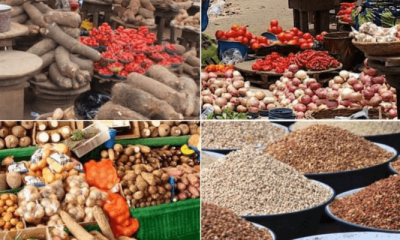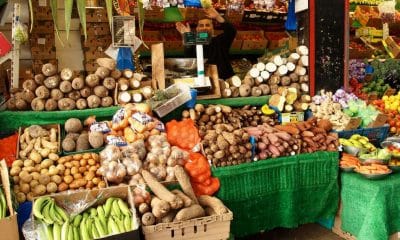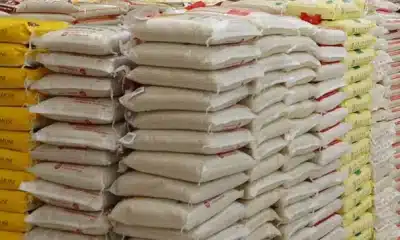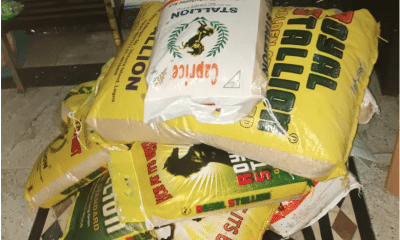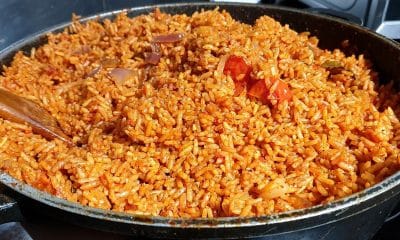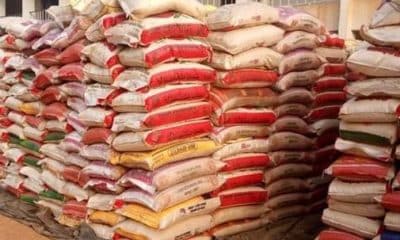Business
Top Rice-Producing States In Nigeria And Their Impact On Price
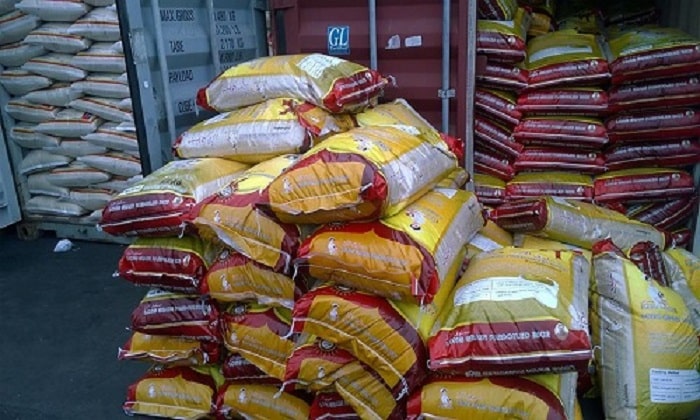
The price of rice, a staple food for millions in Nigeria, has experienced a significant uptick following a tripling in the price of garri, another essential dietary component.
This surge in rice prices comes despite the country’s strides in boosting local rice production, aimed at curtailing reliance on expensive imports.
Rice is commonly sold in various quantities, including 25kg and 50kg bags, as well as in smaller measures like mudu, derica, and custard paint rubber buckets.
Nigeria’s efforts to enhance self-sufficiency in rice production have seen Kebbi, Ebonyi, and Kano states emerge as leading contributors to the national output.
Thanks to the government and private sector’s concerted efforts to invest in the rice value chain, these states have become pivotal in the domestic rice supply chain.
Key Contributors To Nigeria’s Rice Production:
– Kebbi State: Often celebrated as the pinnacle of rice production in Nigeria, Kebbi has seen a remarkable increase in output due to substantial investments in the sector.
These initiatives have not only expanded cultivation areas but also improved yields.
– Ebonyi State: With government-backed support in the form of agricultural inputs, infrastructure, and farmer training, Ebonyi has significantly upped its rice production game, contributing to the country’s goal of reducing import dependency.
– Kano State: Leveraging favourable agroecological conditions and government incentives, Kano has seen a rise in rice cultivation and processing, thereby enriching the local rice market.
Impact On Rice Prices:
The enhanced production levels in these key states have positively impacted the availability of rice, leading to a more stable market and somewhat moderated prices.
Previously, Nigeria’s heavy dependence on imported rice subjected consumers to price volatility, driven by international market trends and fluctuating foreign exchange rates.
The shift towards self-reliance has bolstered food security and aimed at making rice more affordable to the average Nigerian.
However, despite these local production efforts, rice prices remain susceptible to a myriad of factors, including climatic changes, logistical expenses, policy shifts, and the overarching dynamics of the global market.
While the contributions from Kebbi, Ebonyi, and Kano have been beneficial, rice prices continue to be influenced by domestic and international pressures.

